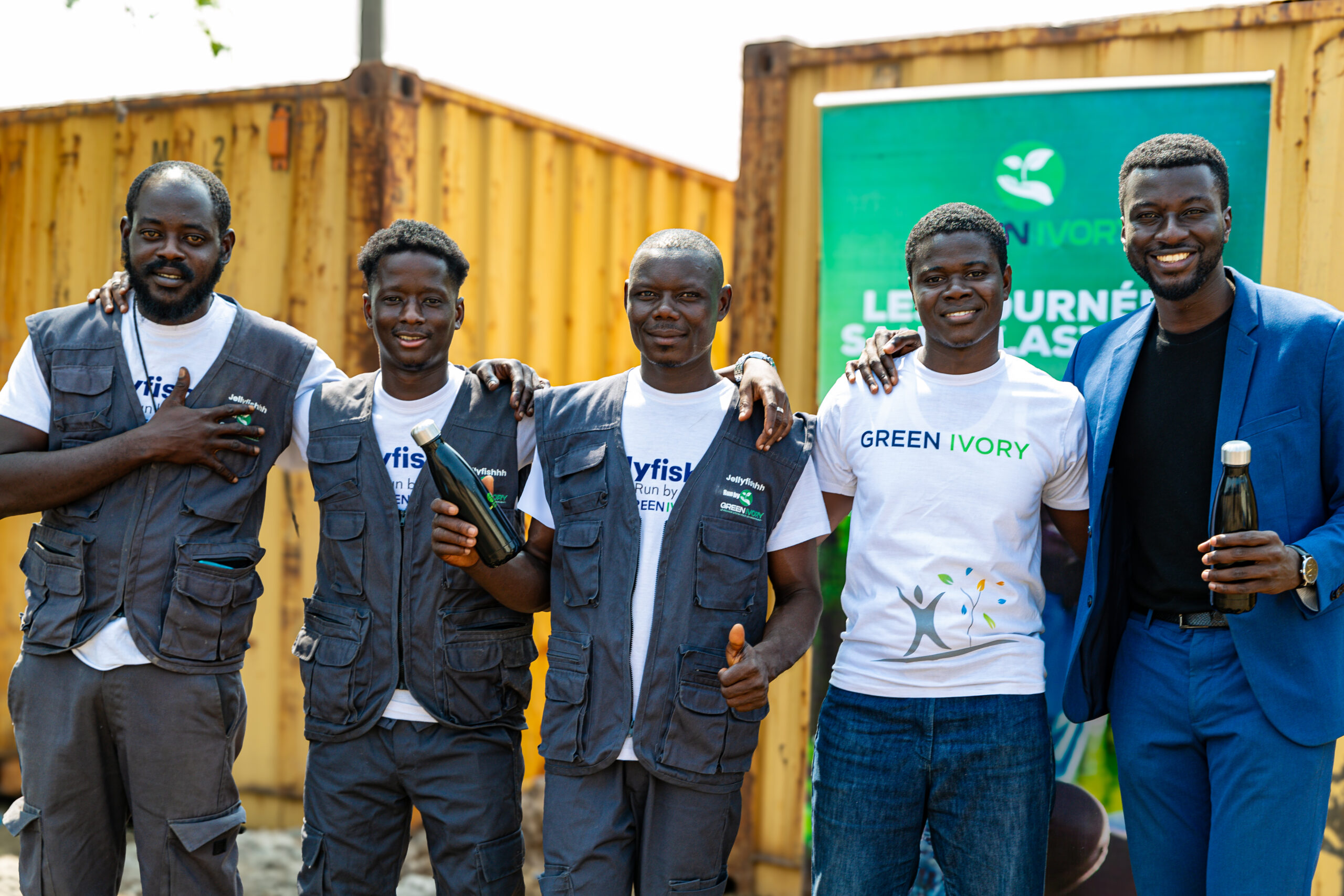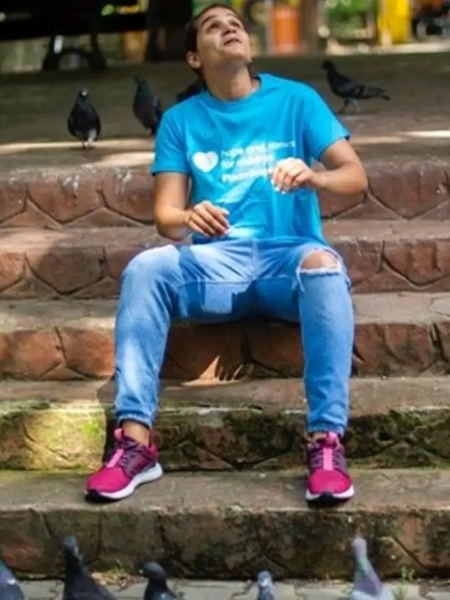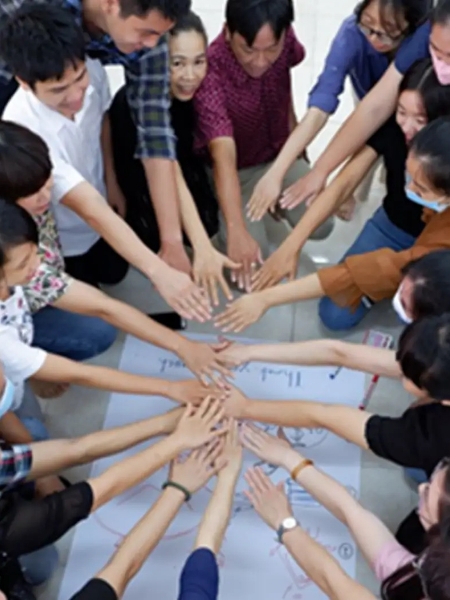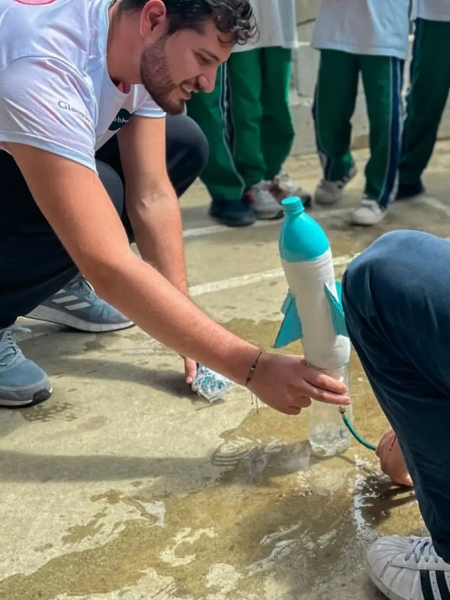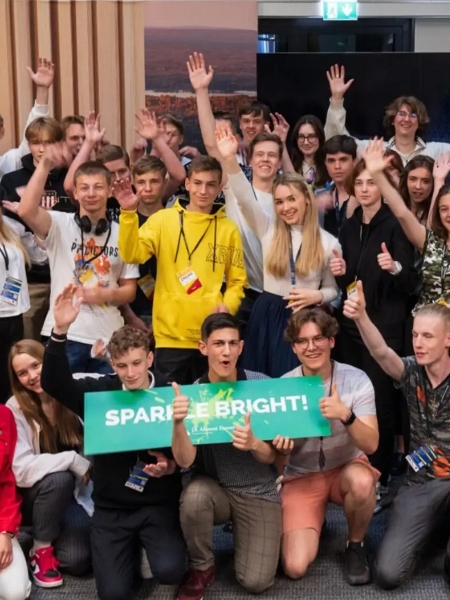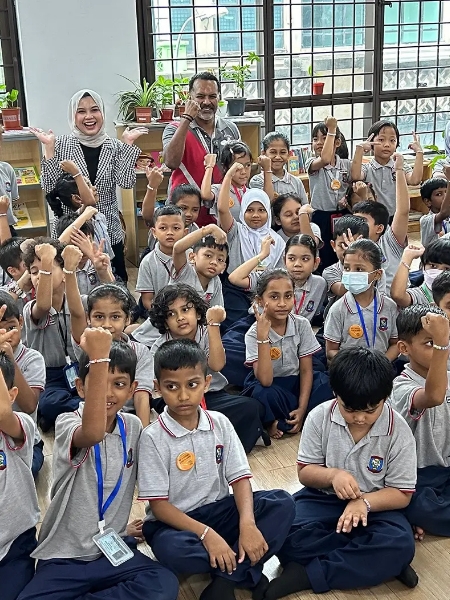Green Ivory
Think Human Fund
Mission & History
Green Ivory is a non-governmental organisation founded in 2017 and based in Côte d’Ivoire. It works to protect the environment by taking action against plastic pollution, climate change and the loss of biodiversity. Its actions focus mainly on environmental education for young people and children and the promotion of green jobs. It is run by an experienced, dynamic team who are passionate about environmental issues.
Green Ivory’s mission is to equip young people to respond to environmental challenges (climate change, plastic pollution and loss of biodiversity), while facilitating their access to opportunities linked to the ecological transition.
Through our educational approach, Green Ivory aims to inspire and support young people in taking initiatives to combat the triple environmental crisis, with a view to making a real local impact and improving the living conditions of young people.
We believe in the potential of young people, who, given the right support, have the ability to take action to protect our planet.
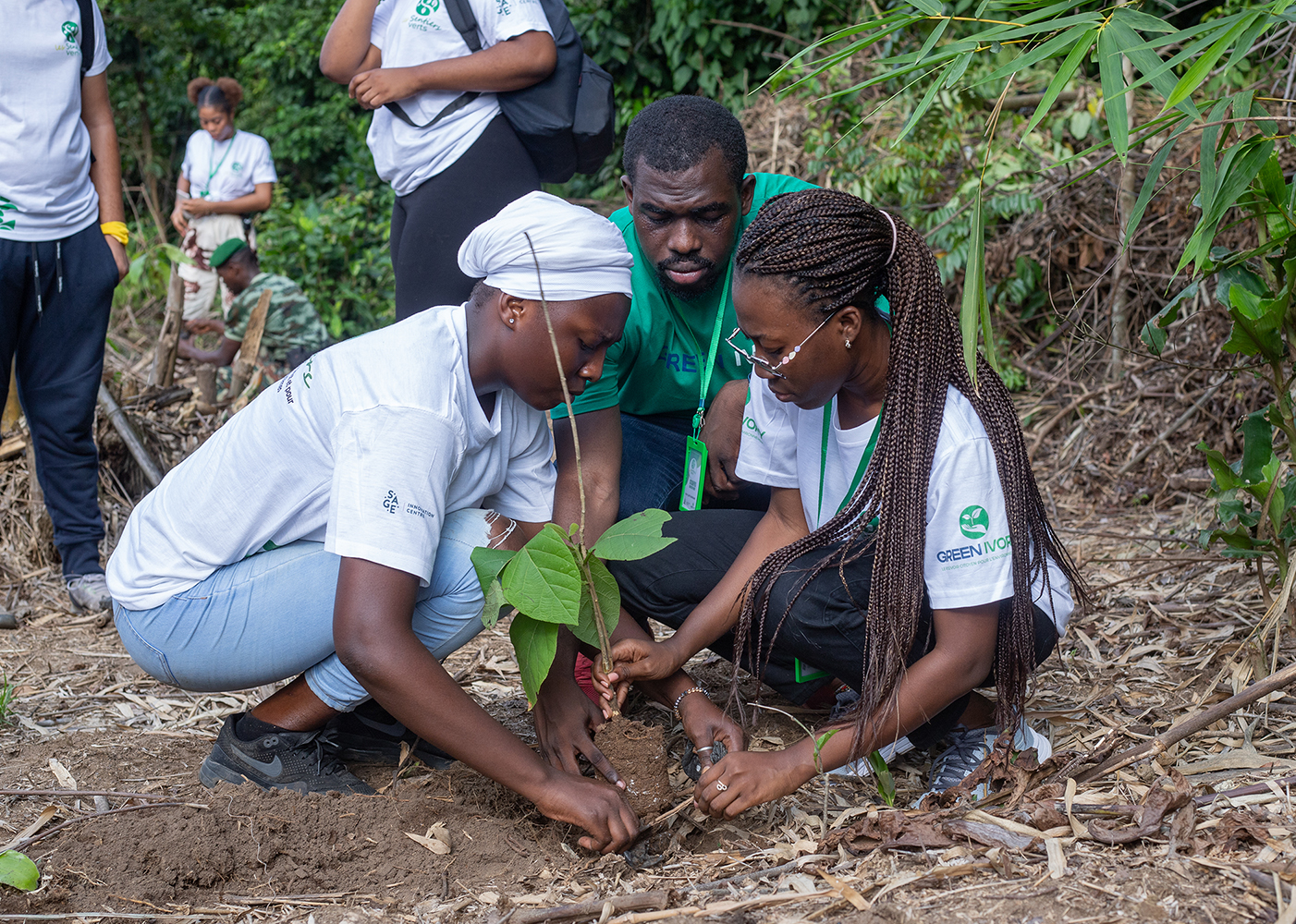
Country Information
In Côte d’Ivoire, plastic pollution significantly impacts terrestrial and marine ecosystems. Annually, thousands of tonnes of plastic waste contaminate beaches, lagoons, and coastal areas, threatening marine biodiversity and affecting coastal communities reliant on fishing and tourism.
Pollution Magnitude: Côte d’Ivoire contributes notably to global plastic marine pollution, though exact figures are hard to determine.
Impact on Marine Life: Marine animals ingest or become entangled in plastic debris, leading to injury or death.
Economic Impact: Plastic pollution harms fishing and tourism industries by damaging equipment, reducing catch quality, and deterring tourists.
Environmental Degradation: Plastics persist for centuries, degrading landscapes and leaching harmful chemicals into soil and water.
Government and NGO Efforts: The government and NGOs are working on waste management, public awareness, and policy measures to reduce plastic use and improve recycling.
Addressing plastic pollution in Côte d’Ivoire requires coordinated local and national efforts to mitigate its extensive environmental, economic, and social impacts.
The Need
This project aims to address the social issue of plastic pollution’s impact on ecosystems, affecting both current and future generations who rely on these environments for their daily needs and sustainability. There is a pressing need for improved plastic waste management and viable alternatives in communities affected by plastic pollution in Côte d’Ivoire, which this project seeks to address effectively.

